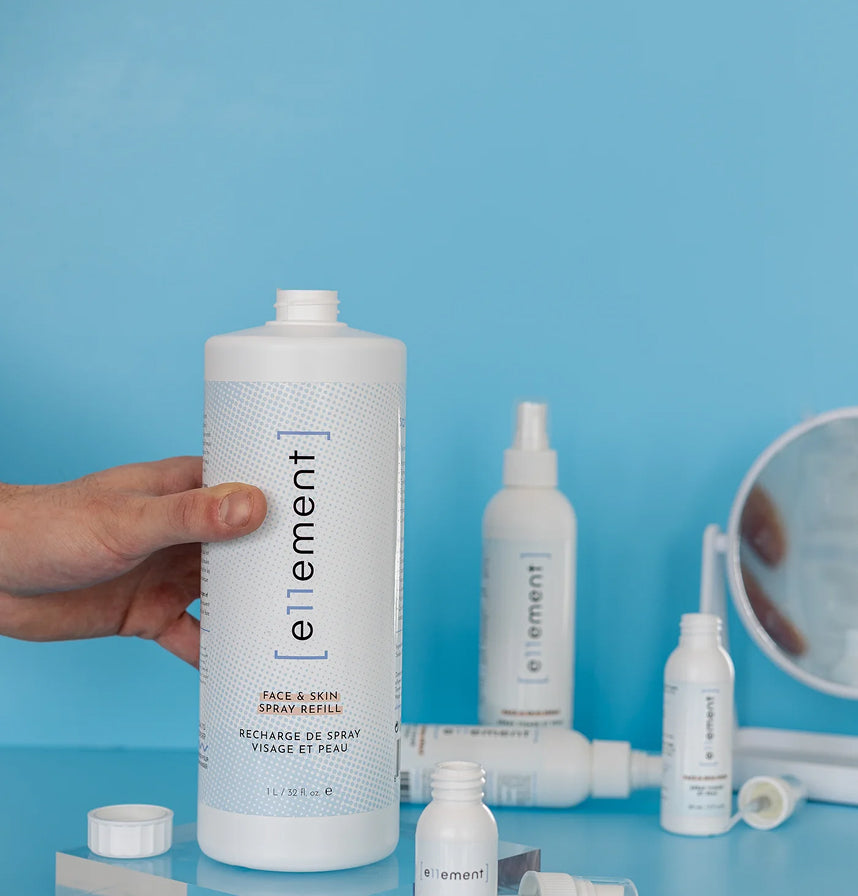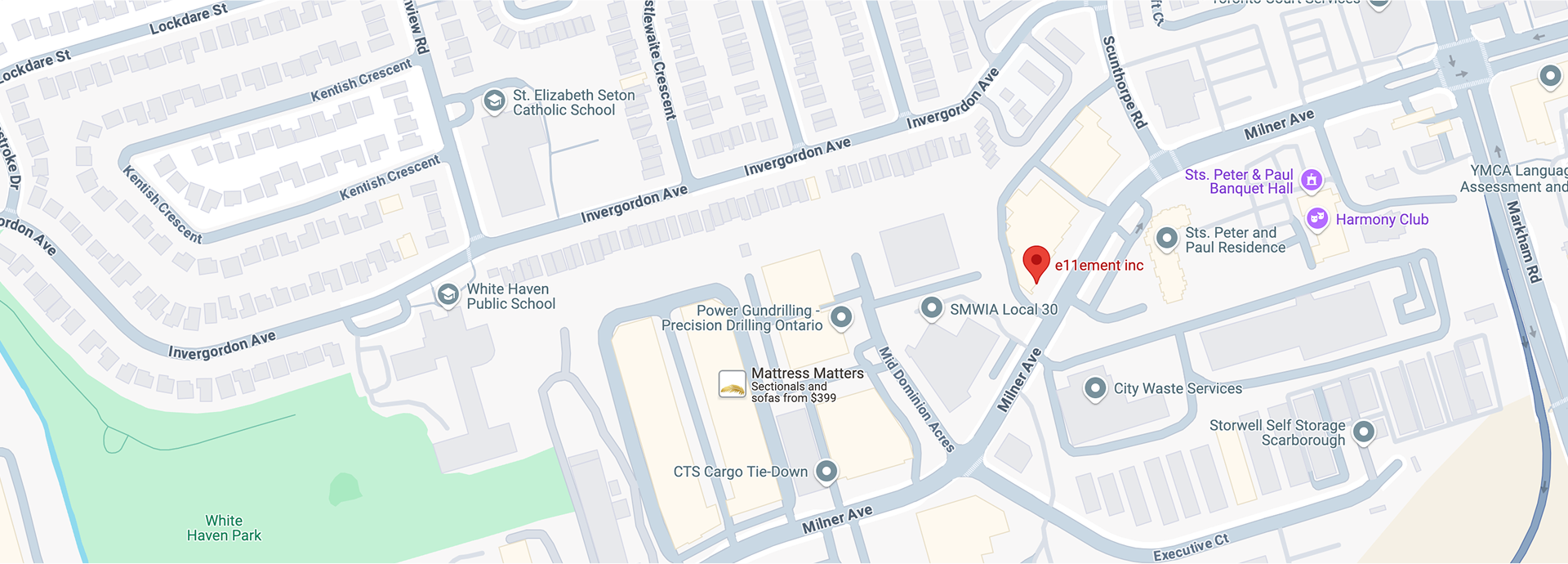Hypochlorous acid (HOCl) is a remarkable compound widely used for disinfection, skincare, and wound care. Its properties make it a versatile and effective solution in many applications. But does hypochlorous acid react with anything? This article dives into the chemical nature of HOCl, its reactivity, and its uses, with a special focus on hypochlorous acid spray.
What is Hypochlorous Acid?
Hypochlorous acid is a weak acid formed when chlorine dissolves in water. It is naturally produced by white blood cells in humans and animals as a part of the immune response to kill pathogens. HOCl has powerful antimicrobial properties, making it highly effective for disinfection without being toxic or irritating when used in appropriate concentrations.

Chemical Composition and Properties
- Formula: HOCl
- Molecular Weight: 52.46 g/mol
- pH Range: Effective at pH 4 to 7
- Stability: It is relatively unstable and degrades over time, especially when exposed to light or heat.
These properties make hypochlorous acid suitable for various applications, including healthcare, food safety, and personal care.
Does Hypochlorous Acid React with Anything?
Hypochlorous acid is a reactive compound, and its chemical behavior depends on the environment and substances it encounters. Here are some scenarios where HOCl interacts with other substances:
1. Reaction with Organic Matter
When hypochlorous acid comes into contact with organic matter, such as bacteria, viruses, or fungi, it reacts by oxidizing cellular components. This reaction is the basis of its antimicrobial action. HOCl breaks down proteins, lipids, and DNA, rendering pathogens inactive.
2. Reaction with Ammonia and Amines
Hypochlorous acid reacts with ammonia (NH3) and amines to form chloramines. Chloramines are less effective disinfectants than HOCl but are still used in some water treatment processes. The reaction is as follows:
HOCl + NH3 → NH2Cl (monochloramine) + H2O
3. Decomposition in Light and Heat
HOCl is sensitive to light and heat, which can cause it to decompose into chlorine gas (Cl2), oxygen (O2), and water (H2O). This instability requires careful storage of hypochlorous acid spray to maintain its efficacy.
4. Reaction with Metals
Hypochlorous acid can react with certain metals, such as iron, copper, and manganese, causing corrosion. This reactivity is a consideration in industrial applications where metal surfaces may be exposed to HOCl.
Applications of Hypochlorous Acid Spray
Hypochlorous acid spray is a convenient way to harness the benefits of HOCl. Its applications span various fields, including healthcare, skincare, and cleaning. Here are some notable uses:
1. Skincare and Wound Care
Hypochlorous acid spray is gaining popularity in skincare for its gentle yet effective antimicrobial properties. It helps:
- Reduce acne by killing bacteria without irritating the skin.
- Soothe skin conditions like eczema and psoriasis.
- Cleanse wounds and promote healing by preventing infections.
2. Disinfection
HOCl spray is widely used as a disinfectant in:
- Hospitals: To sanitize surfaces and medical equipment.
- Food Industry: To ensure food safety by disinfecting produce and surfaces.
- Public Spaces: To reduce the spread of pathogens in schools, gyms, and offices.
3. Odor Neutralization
The spray effectively eliminates odors caused by bacteria and other organic compounds, making it ideal for use in households, pet care, and waste management.
4. Eye and Nasal Care
HOCl spray is also used in ophthalmology and ENT care. It can be applied to cleanse and soothe irritated eyes and nasal passages, particularly for allergy sufferers.
Benefits of Using Hypochlorous Acid Spray
The growing popularity of hypochlorous acid spray is due to its numerous advantages:
- Non-Toxic: Safe for use around children, pets, and sensitive individuals.
- Eco-Friendly: Biodegradable and less harmful to the environment compared to traditional disinfectants.
- Effective: Quickly neutralizes a wide range of pathogens.
- Convenient: Available in easy-to-use spray bottles.
Storage and Stability of Hypochlorous Acid Spray
To maintain the effectiveness of HOCl spray, proper storage is crucial. Follow these guidelines:
- Avoid Direct Sunlight: Store in a cool, dark place to prevent decomposition.
- Seal Tightly: Ensure the container is tightly sealed to prevent exposure to air and contaminants.
- Check Expiry Date: Use the product before its expiration date to guarantee its potency.
Safety Considerations
While hypochlorous acid spray is generally safe, it’s essential to use it correctly:
- Avoid Mixing with Other Chemicals: Mixing HOCl with strong acids or bases can release harmful gases.
- Follow Instructions: Adhere to the manufacturer’s guidelines for safe and effective use.
- Patch Test for Skincare: Perform a patch test before using on sensitive skin to rule out any adverse reactions.
How Hypochlorous Acid Spray Compares to Other Disinfectants
- Chlorine Bleach
- Advantages of HOCl: Less corrosive, non-toxic, and safer for use around people and animals.
- Disadvantages of Bleach: Strong odor, corrosive nature, and potential health hazards.
- Alcohol-Based Disinfectants
- Advantages of HOCl: Does not dry out skin or leave residue.
- Disadvantages of Alcohol: Flammable and can cause skin irritation.
Conclusion
Hypochlorous acid is a powerful and versatile compound that reacts with various substances, making it an effective antimicrobial agent. Its use in hypochlorous acid spray offers a safe, non-toxic, and eco-friendly solution for skincare, wound care, and disinfection. By understanding its properties, reactivity, and applications, you can harness the full potential of this remarkable compound in your daily life.























